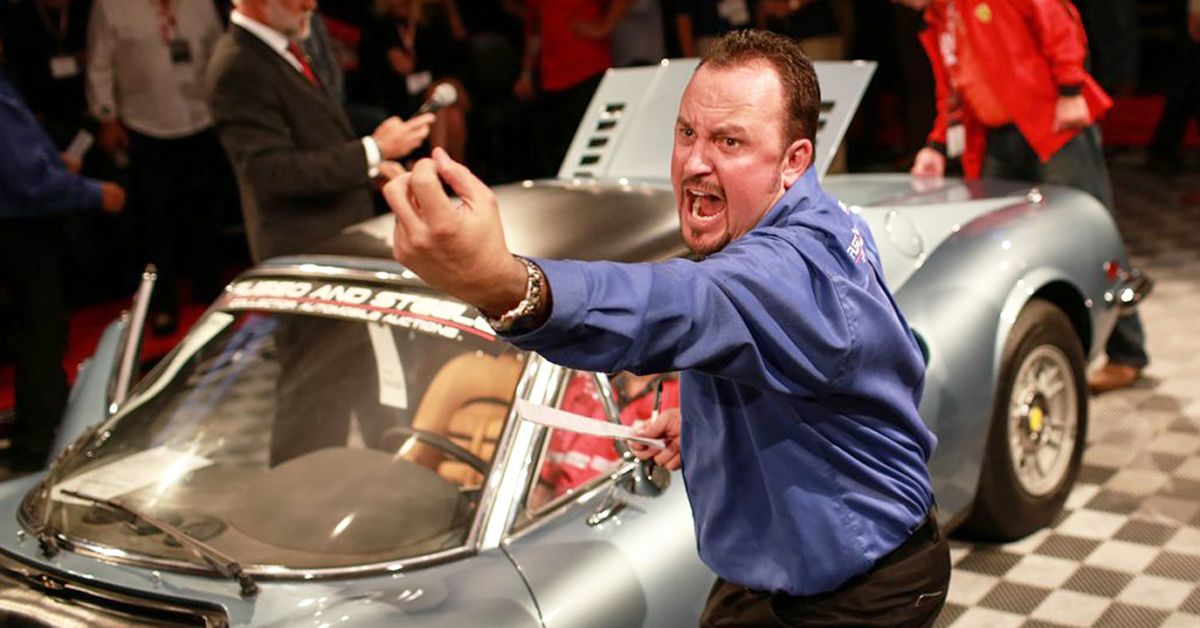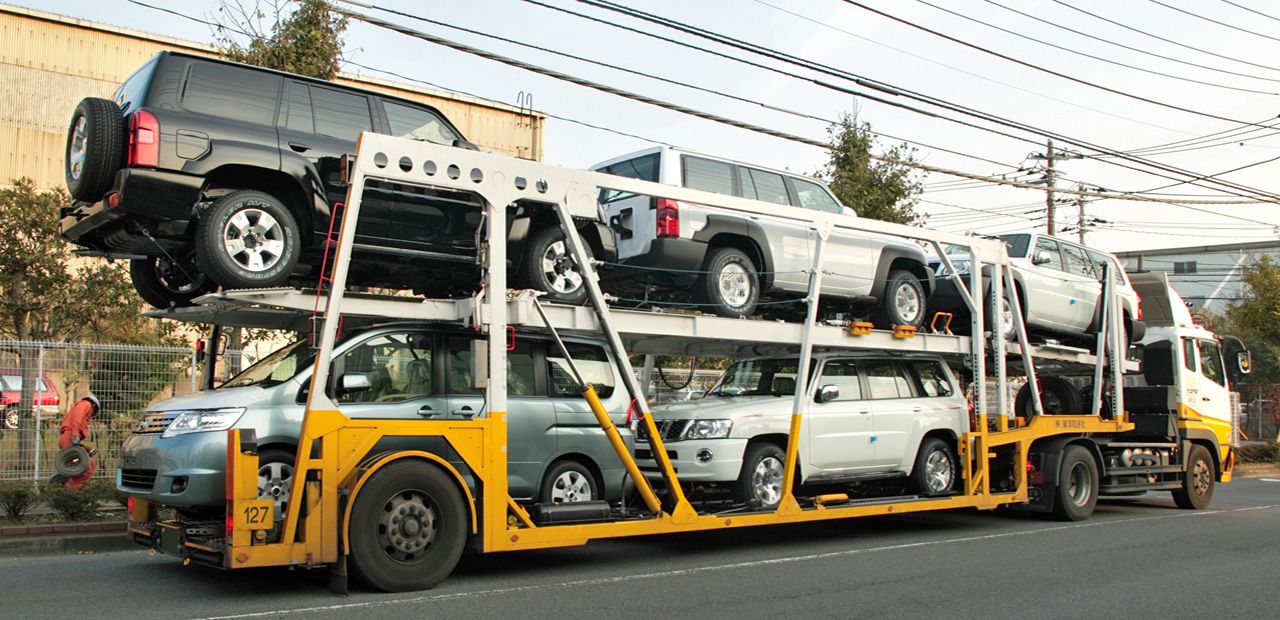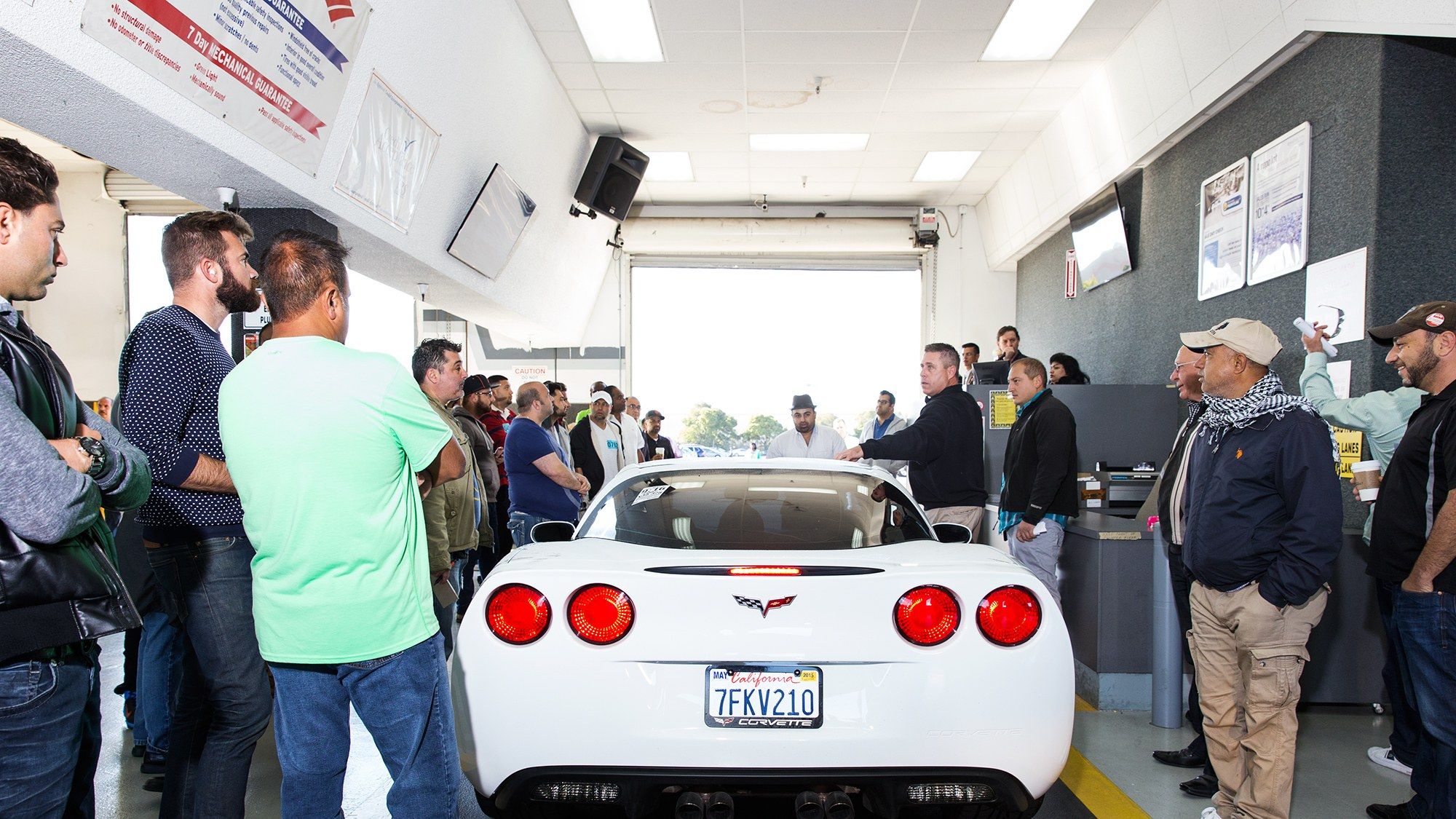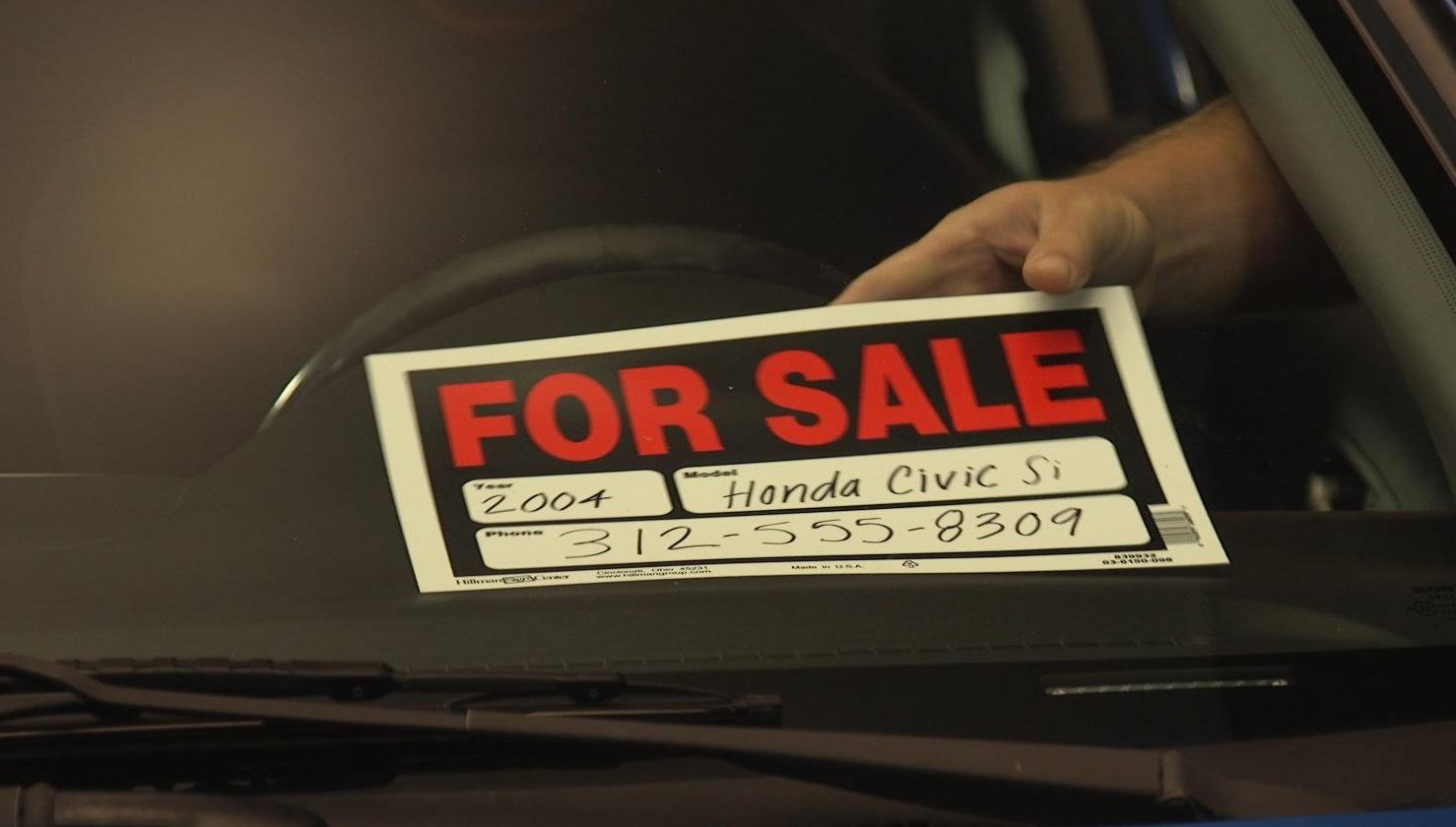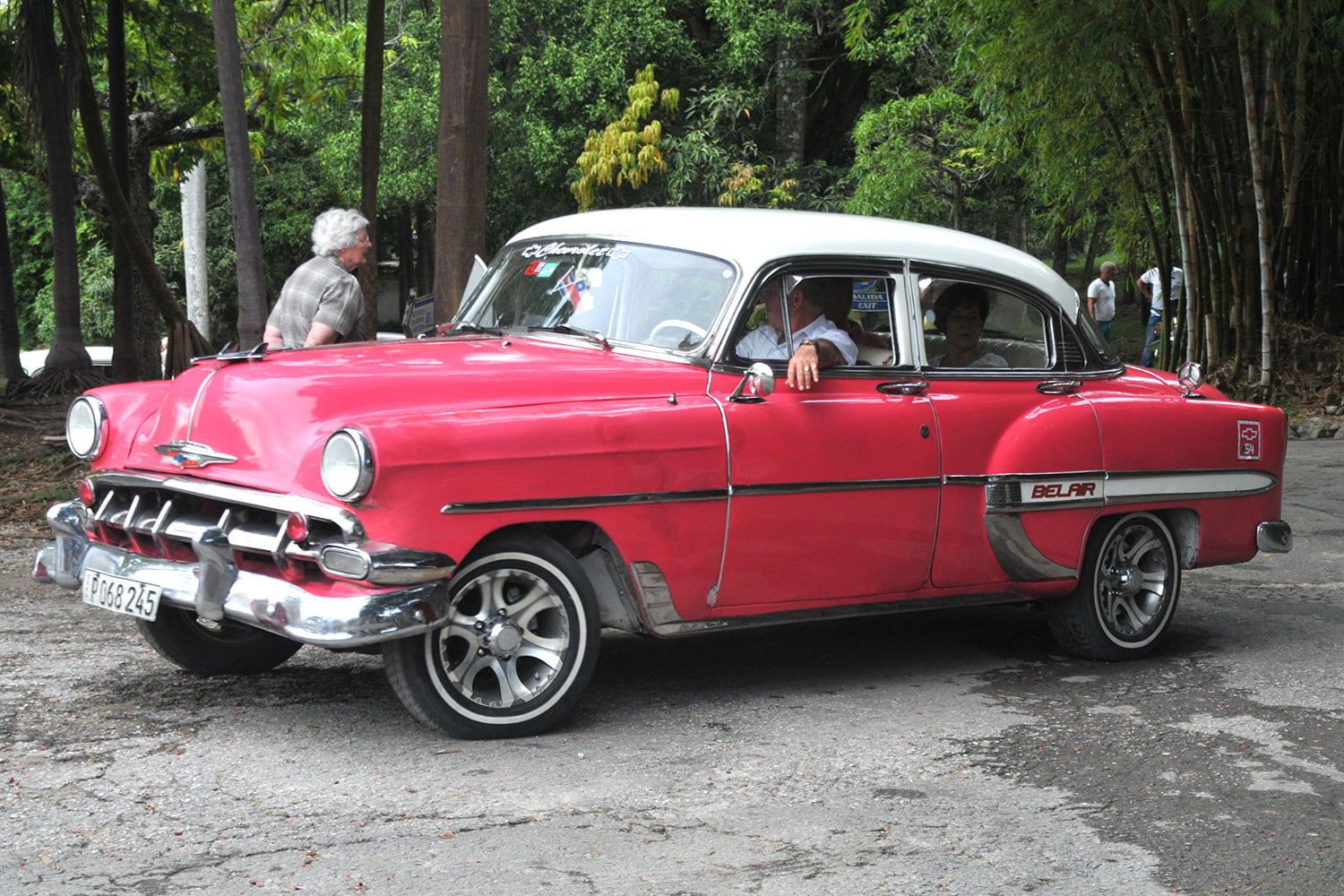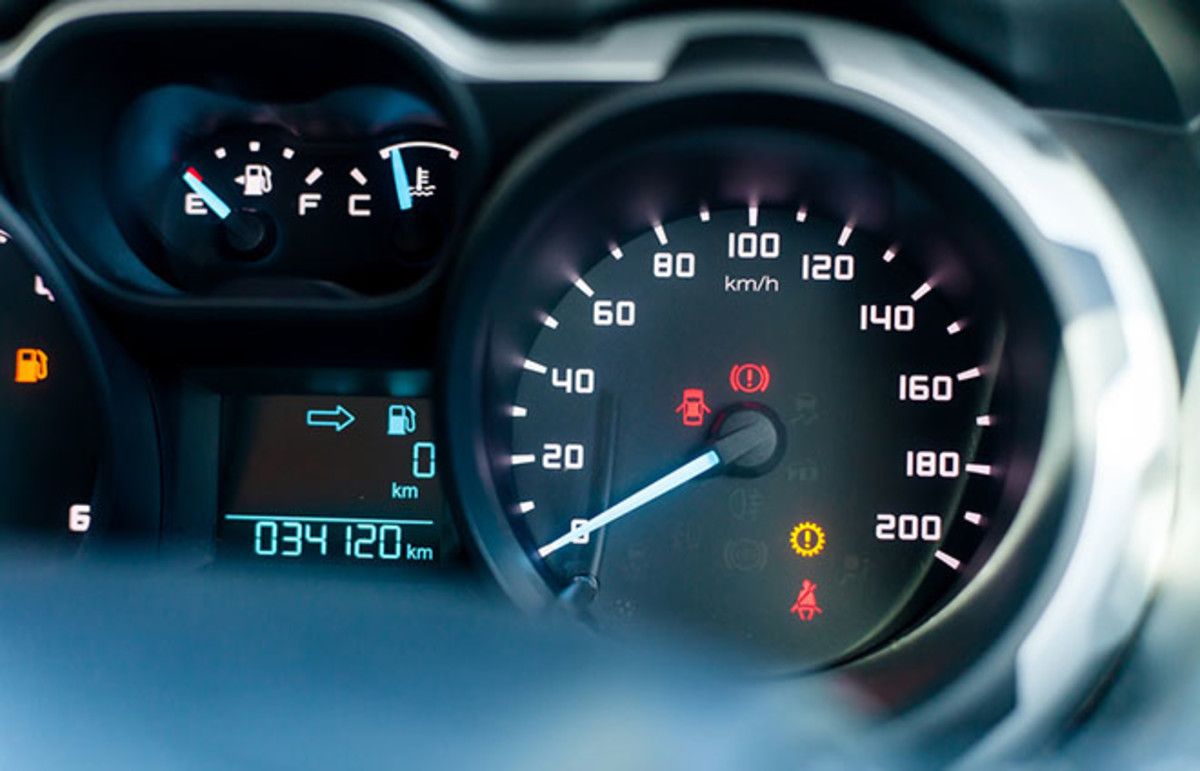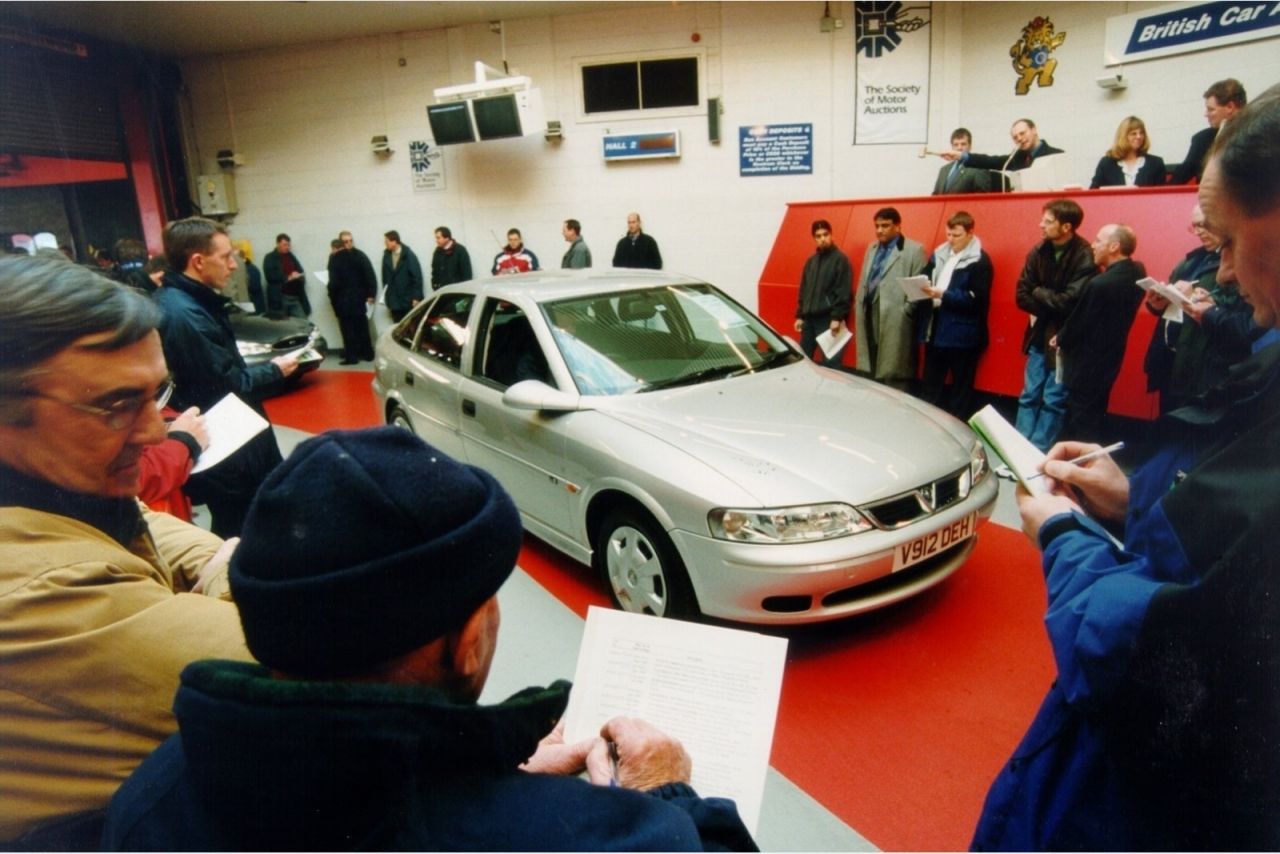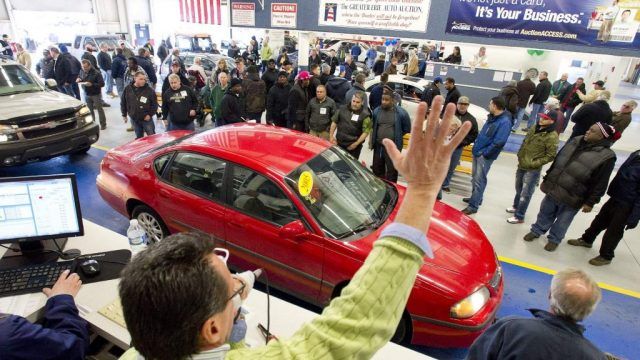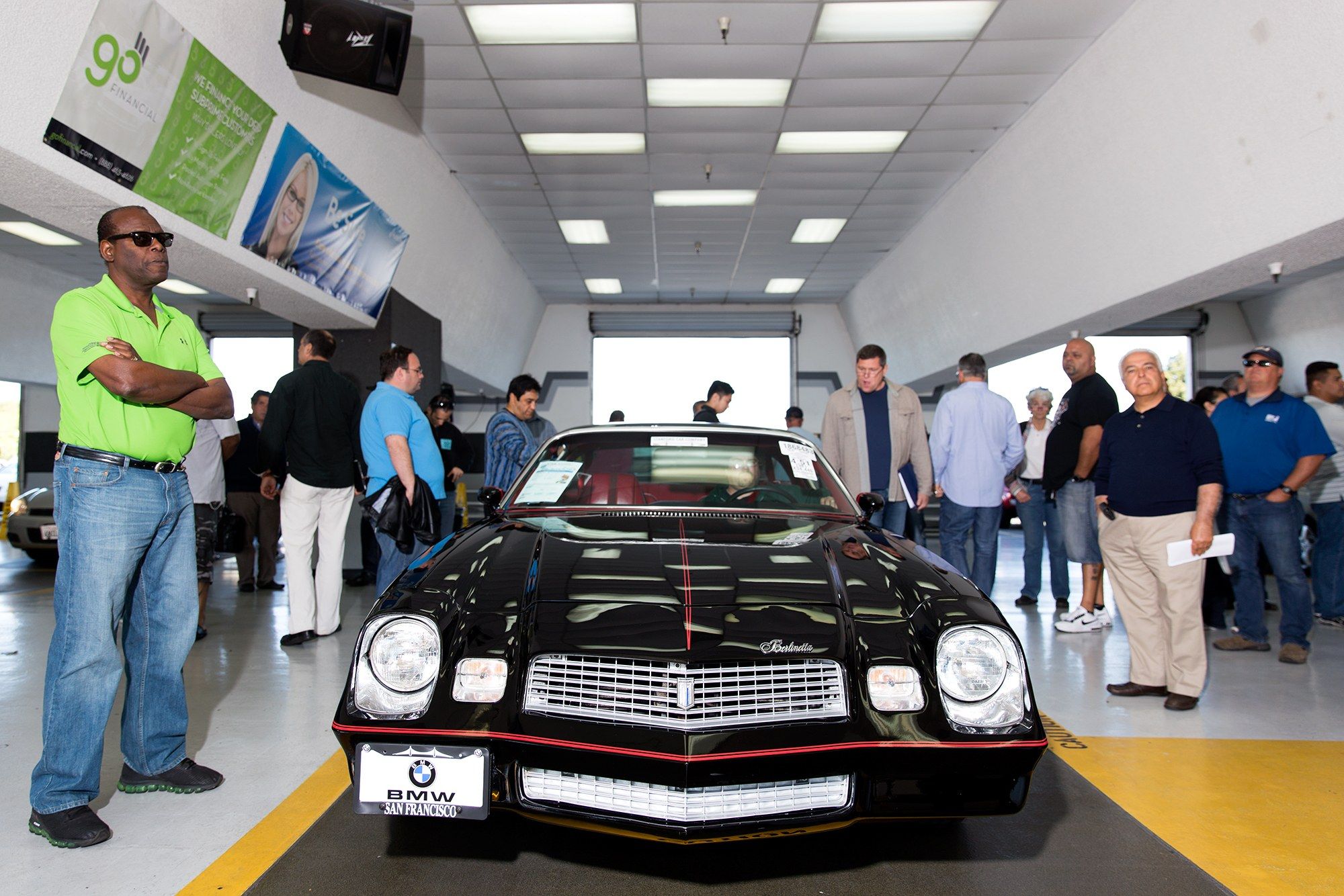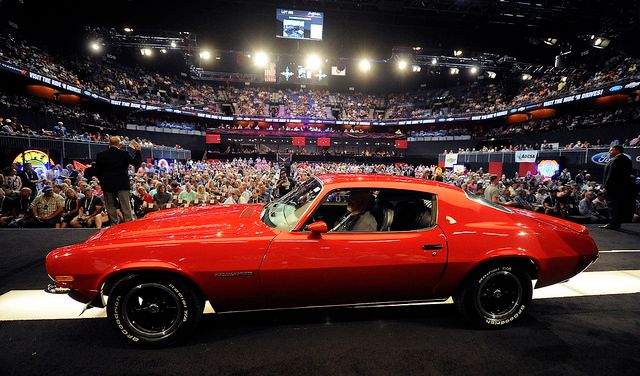Car auctions are incredibly popular and are a genuine way of picking up some fantastic cars or starting to make a sensible profit by bagging a bargain and selling it later for more money. Auctions are now popping up more and more, not just in the US, but worldwide, as car enthusiasts look to find a bargain and add vehicles to their personal garages. While they range in size and scale, all auctions tend to follow the same processes.
Even though they are always very well organized, they can be very chaotic due to the nature of the format, with auctions tending to be very fast-paced, meaning it is crucial to know exactly what is going on prior to arriving. Turning up to a car auction unprepared is a dangerous idea and can lead to a serious amount of money being wasted, which is why it is key to know all of the biggest secrets regarding how they work.
Despite how popular car auctions are and how often auctions are shown on television and film, that doesn't mean that everyone knows everything about the process, which is actually more complicated than people think. Therefore, within this article, we will reveal the 25 deepest secrets about car auctions.
25 Transportation Can Seriously Increase The Cost
One of the secrets that isn't really pre-advertised is the fact that transportation can seriously increase the cost of cars, which a lot of newbie buyers might not realize when they are planning their budget for an auction. It is a deceiving cost but it does make sense because if you happen to live out-of-state or in a different country (which will really increase the cost), you must pay for the shipping cost yourselves, which can cause a big spike in the cost.
While it might seem obvious to some people, many who are new to auctions might not factor this in, and therefore it would make sense to contact transport companies beforehand to get an idea of what the cost could be.
24 It's Every Man For Themselves
While car auctions might seem like a fun, albeit slightly chaotic, place where you can get to know fellow car enthusiasts and try bag yourself a bargain, the fact is that it is a dog-eat dog-kind of world and it really is every man for themselves. People with more experience will happily play on the fact that others don't seem to know what they are doing and everyone will do anything to make sure they get what they want for the cheapest possible price.
Car auctions have the possibility to be brutal for those without experience and sellers will be equally as deceptive, selling their cars at the highest price no matter what the condition of the vehicle might be.
23 You Must Request The Vehicle History Report
One of the most important things that people should do, prior to going and buying a car at an auction, is to ensure that they get the vehicle history report for whatever car they are hoping to purchase. This doesn't just give a glimpse at the accident record, but it provides every possible detail that you might need to know, uncovering every small bit of information that a seller could be trying to hide in order to not bump down the cost.
According to US government reports, there are half a million cars sold with a fraudulent odometer reading per year, with other reports stating cars have been damaged in hurricane-induced flooding. This is information that dodgy sellers can often hide, without it being reflected in the price.
22 Have A Black Book On Hand
Another secret that often isn't known by many people who go to car auctions is how important a black book can be. Making any large purchase should come with a little research and buying a car from an auction is no different. Most experienced bidders will have a black book with them, although a smartphone will also do the trick in the modern era.
This will allow you to see exactly what the car is worth, giving a good indication of when to stop bidding and stop wasting money. Having this little bit of extra knowledge ensures that you don't seriously overspend and will also show you when there is a real bargain to be had. It is especially crucial if you're planning on simply reselling the car after a little work.
21 Setting A Budget Is Key
For first-time buyers at a car auction, this is an absolute necessity because going into an auction without having a budget is a quick way to go broke without necessarily getting the best vehicle possible. The best thing to do prior to going to any auction is to evaluate what kind of a budget you have, which means looking at your own finances and assessing how much you are willing to pay, including additional fees such as transportation. This way, you cannot get caught up in the moment of a bidding war and wind up paying way more than what you can actually afford, which can have catastrophic effects down the line.
20 Used Car Dealers Can Bring Some Questionable Vehicles
While most people at car auctions tend to be honest about the vehicles they are selling, that isn't always the case, as some people tend to bring some questionable vehicles with them to sell to the punters. Car dealers often can bring cars with a few problems to try and sell as a last resort to ensure that they make their money on a car.
If a car dealer brings plenty of cars with them, it is usually a red flag and the seller should be avoided at all costs, unless you want a unsavory surprise. There can be good cars within their selection but often, there will be a pile of mechanical issues that would cost more money than the vehicles are worth to fix, which is where buyers must be careful not to get caught in the trap.
19 Most Cars Need Some TLC
When heading to a car auction, it would be very naive to assume that any vehicles you purchase will be in perfect working order. After all, it isn't a car garage where fresh, new models are on offer. The vehicles have often been through plenty of hardship and while, most of the time, they are in fairly decent working condition, the chances are very high that whatever car you purchase, no matter the price or model, it will need a little TLC.
Hopefully, none of the cars end up being lemons, but it would be a very rare find to pick up a vehicle that doesn't need any work at all, as most will need at least some repairs. Therefore, you must either be good mechanically or be prepared to pay someone who is.
18 They Can Be Crazy
Car auctions might look like good fun but they are very crazy places where a lot is going on. They are often described as organized chaos and that is exactly what they are, with people running around from car to car while an auctioneer is screaming out different prices. People can quickly get swept up in a car auction because of this, focusing on everything that is going on around them rather than the auction that they have gone in to win in the first place.
Sometimes, they can even be downright hilarious, with one example being when a clown once appeared in the backseat of a BMW, dancing around to music while everyone stood around seriously assessing the car.
17 They Take Place Very Regularly
For those who have never had the opportunity to go to a car auction, you are in luck, because they tend to take place very regularly, and while they might not all be local, there is usually one going on every weekend somewhere nearby!
Sometimes the events will be private and other times they can be for charity but car auctions are very frequent and that is due to how popular they are, with many often reaching capacity very early on (a point we will come to later).
Therefore if you're wanting to have the experience of being at a car auction or are hoping to invest and start getting involved in the industry, it is always worth checking nearby events and their dates.
16 Don't Trust Odometers
As we previously mentioned, one of the common issues that people find when they get their cars home is fraudulent odometers and this is because it's something that is quite easily tampered with. It has been claimed by experts that people should expect that an odometer has been rolled back by around 150,000 miles at public auctions, in order for them to work the prices in their favor, hurting the buyer in the process.
This is a tricky situation to work around but asking the right questions and checking the vehicle history to see if anything else has been lied about would give a good indication of a seller's character.
15 False Bids Will Cost You More
False bidding is always a very dangerous game and something that really should be avoided. Not only can it get you kicked out of an auction if you're trying to be clever but it can end up costing you a lot of money. What many people do not know is that the paying options can often be different, with some auctions demanding the money straight away, in cash or through a secured loan, which means one false bid can be very costly.
If the false bid ends up winning, you can be left in a very tricky situation, with people wanting money for something you don't actually want to buy. And in some countries, this can even lead to further fines and even prosecution; it is truly taken that seriously.
14 Blink And You'll Miss It
While some of the ways television depicts auctions are, quite frankly, ridiculous, one thing that is often nailed by TV shows is the fast-paced nature of a car auction. They are typically over and done with at an incredibly quick pace. Once a car has been brought out for people to bid on, then the auctioneer will quickly start rattling off the numbers until there's only one person left willing to pay.
And they won't wait around for everyone to scratch their heads and think about the situation, either. Those people who might want a second to mull things over will simply be left behind as the auction rolls on to the next vehicle; therefore, you must be paying full attention at all times when the moment comes around.
13 You Must Submit A Deposit
Obviously, people are aware that whenever the bid goes through for a car, you are expected to pay it, with a time limit always being enforced to ensure that the seller gets their money in a prompt time. However, what many people often aren't aware of is that when a bid is accepted, most auctions will require the winning bid to pay a deposit straight away to guarantee that the deal will go through.
This deposit is often needed to be paid in cash and therefore, if you're set to attend an auction, it would be wise to have some money with you if you're lucky enough to win a bid. Otherwise a long, tedious process of unwinding the deal begins.
12 Avoid Bidding Wars
The traditional image that most people have in their minds of any type of auction is the classic bidding war that is often depicted on television, with two people going back and forth as the price increases until only one stands with a brand new purchase. Therefore, hearing that avoiding bidding wars is a good idea might come as a surprise but that is exactly what you should do.
Of course, it's easier said than done, especially when your heart is set on a particular vehicle—but as the price rises, bidding wars become a waste of time. Usually, if a bidding war begins, it means that the dealer is going to come off as the winner, as they will be selling a clunker and will be earning a fortune, simply due to people not being able to leave their egos at the door.
11 Police Auctions
There are many different types of car auctions available for people to attend and one of those is a police car auction, which is slightly different from a normal auction due to the types of vehicles that are available for purchase. Cars that have been used by the police but are coming towards the end of their lives are often put up for auction.
Police auctions can also include cars that have been impounded or seized from a criminal and then need to be sold. Police auctions are often a good place to find good car deals and because they are often run by the police, the vehicles are less likely to be tampered with in order to change the prices the cars fetch.
10 The Early Bird Always Catches The Worm
As promised earlier, something many people do not know about car auctions is that the experienced buyers will be ready to go from very early on in the day, often getting all of the necessary information before the majority of people start strolling in. While waking up early might not sound like fun, beating the crowds always has an advantage because it allows you to scope out the cars before the crowds begin to pick up, giving you a chance to check the vehicle history and do any other background checks.
It is easy to concentrate on the task at hand when there isn't a big crowd around and that is why many potential bidders will arrive as early as possible. It definitely does pay off to know what times the events actually begin so you can plan accordingly.
9 Cars Are Shown In A Set Order
While many people understand the basics of how an auction will work, they often don't realize that cars will be shown in a specific order and that if you miss the one you want, it will simply be too late. This goes back to why it is important to arrive early, as this allows time to figure out when and where each car will be getting sold in order to make sure you don't miss out on exactly what you want simply because you weren't organized. Every auction will provide a copy of the showing list and they are normally given out upon check-in. It is important to get that information nailed down early.
8 Know The Sellers Beforehand
Having some background information on the people who you are doing any sort of business with is always a good idea. If you were to buy a car from someone after seeing an advertisement on social media, you would want to know a little more information. It is important to be just as cautious at car auctions, as well, because simply trusting that they are good people is a mistake.
Before you even go into auction, it is a good idea to call the office and see who has consigned cars for the event. Once that information is known, you will be able to do a little background checking, just to give you a more well-rounded idea of someone's character and how likely they might be to hide certain issues with their cars.
7 Be Wary Of Blue Light Deals
For those unaware of what a 'blue light' is, they are a situation where the title has yet to arrive at the auction, which brings with it a whole new set of problems and issues—so they are something to be wary of. When a blue light deal is completed, the positive for the buyer is that the auction won't process the check until the title arrives, meaning there is less of a chance for dodgy business to take place during that time.
However, you cannot register the vehicle until the auction receives the title and it is also important to note that if you do not get the title within 30 days of purchasing, then you do have the right to return the vehicle and get all of your money back.
6 You Have The Court
One of the major positives about car auctions is the fact that you have a court of last resort, meaning that the chance of being barrelled over are slim, which is always a good thing, especially when large sums of money are involved. Even though the auctioneer is in control of the entire scenario, they cannot force you to pay a major sum of money if a vehicle has been misrepresented and doesn't end up being what it was advertised.
If issues and faults that were not advertised are made clear, then you have the right to walk away, canceling the check and ensuring that your hard-earned money isn't wasted.

